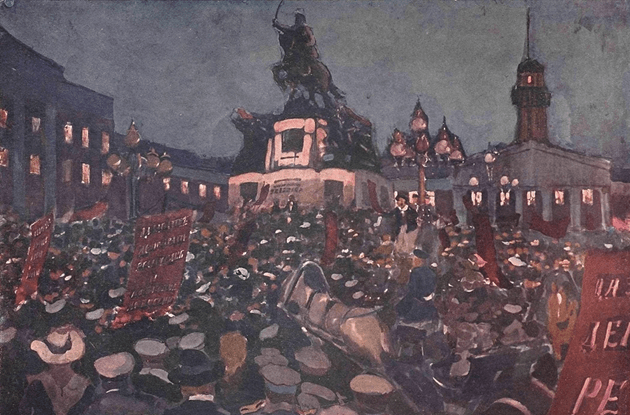Noah Edwards is currently a first year student at the Catholic University Columbus School of Law. He completed his BA at the University of Rutgers New Brunswick in History and Classical Humanities. Noah is interested in philosophy, traveling, martial arts, and becoming a more virtuous person.

